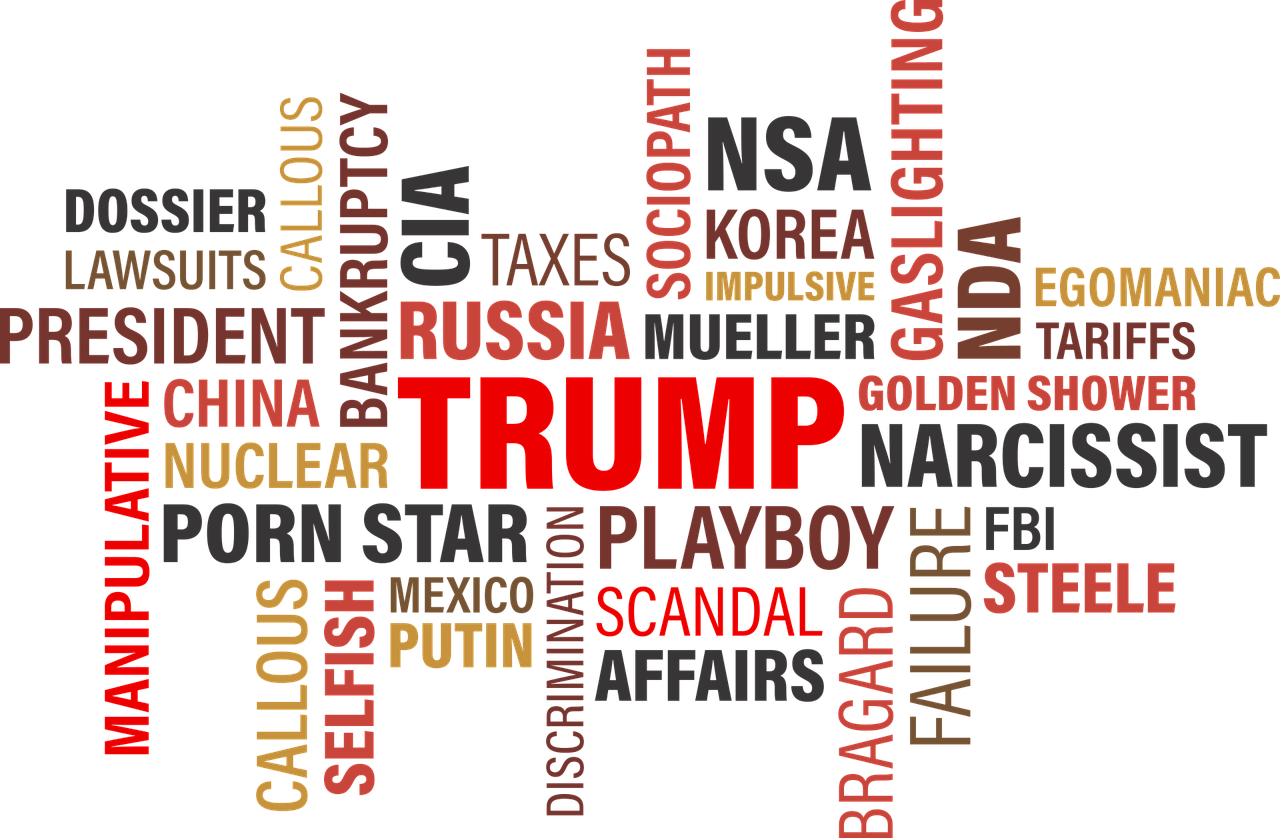
The dispute between the Chinese telecom group Huawei and the US is getting worse. On Thursday, the company announced that they would go to court against the US government. The reason is a shopping ban, which prohibits US authorities to use Technology of the company.
Thus the manufacturer reacts to the espionage allegations of the US government. The law, which regulates the ban on shopping and was signed last year by US President Donald Trump, is „not only unlawful, but also prevents Huawei from engaging in fair competition,“ said the company’s incumbent chairman, Guo Ping Thursday in Shenzhen. A lawsuit has been filed with the US District Court in Plano, Texas.
Observers rated the intended process primarily as a symbolic step by the telecoms group. Although there are no great prospects for success, Huawei but wants to set a public signal against the allegations of the United States and demonstrate resistance. This should also restore confidence in other countries.
„Are forced to take action“
„The US Congress has repeatedly failed to provide evidence that would justify restrictions on Huawei’s products,“ Guo said, „We are forced to take these legal measures as appropriate and past resort.“ According to Huawei, US authorities are not only prohibited the use of Chinese technology, they are prohibited from entering into contracts with third parties who purchase Huawei products. The procedure violates the US Constitution.
Specifically, the group wants to proceed against Section 899 of the „National Defense Authorization Act“ (NDAA). „The law is based on numerous false, unproven and unverified statements,“ said Huawei chief lawyer Song Liuping. Contrary to the subordination, Huawei is not owned, controlled or under the influence of the Chinese government.
Daughter of company founder continues in Canada
Huawei is also under pressure in the US over the affair surrounding company founder Ren Zhengfei’s daughter: Meng Wanzhou, the group’s chief financial officer, is stuck under strict conditions in Canada. The US has requested their extradition. She is charged with bank fraud in violation of sanctions against Iran.
The case weighs heavily on relations between Canada and China. Following her arrest, two Canadians were arrested in China – the former diplomat and Michael Kovrig, an independent international Crisis Group, and businessman and Korea expert Michael Spavor. China’s authorities accuse them of espionage. Diplomats and critics suspect retaliation and speak of „hostage diplomacy“.
Huawei hopes to get rid of allegations
The press conference held by Guo was part of a public outreach by the world’s largest network equipment supplier and second-largest mobile phone manufacturer, which hopes to dispel US accusations. The Huawei chairman had already staged a counter-attack last week when he publicly recalled at a trade show in Barcelona the revelation of US whistleblower Edward Snowden.
Snowden revealed in 2013 the extensive surveillance of the network by the US intelligence agency NSA and the British GCHQ service. Guo repeated on Thursday allegations that the US had also spied Huawei and penetrated servers in the company. The US government „never misses an opportunity to vilify Huawei,“ he said.
European states consider exclusion
Currently in the West about an exclusion of Huawei from the structure of the networks of the next mobile radio standard 5G is discussed. Based on allegations, especially from the US, Huawei is too close to the Chinese government and can be forced by the authorities of the country to cooperate. The fears range from espionage in the nets to sabotage. Huawei always denied the allegations.
It was not until Tuesday that Huawei opened a new European Cyber Security Transparency Center in Brussels. The company, suspected of cyber espionage, also wants to provide a platform for government agencies, technical experts, industry associations and standardization organizations to work together on future standards. Above all, Huawei is likely to dispel the safety concerns that have sprung up in Europe, as well as to disperse security concerns



